Real Talk with Forrest Galante
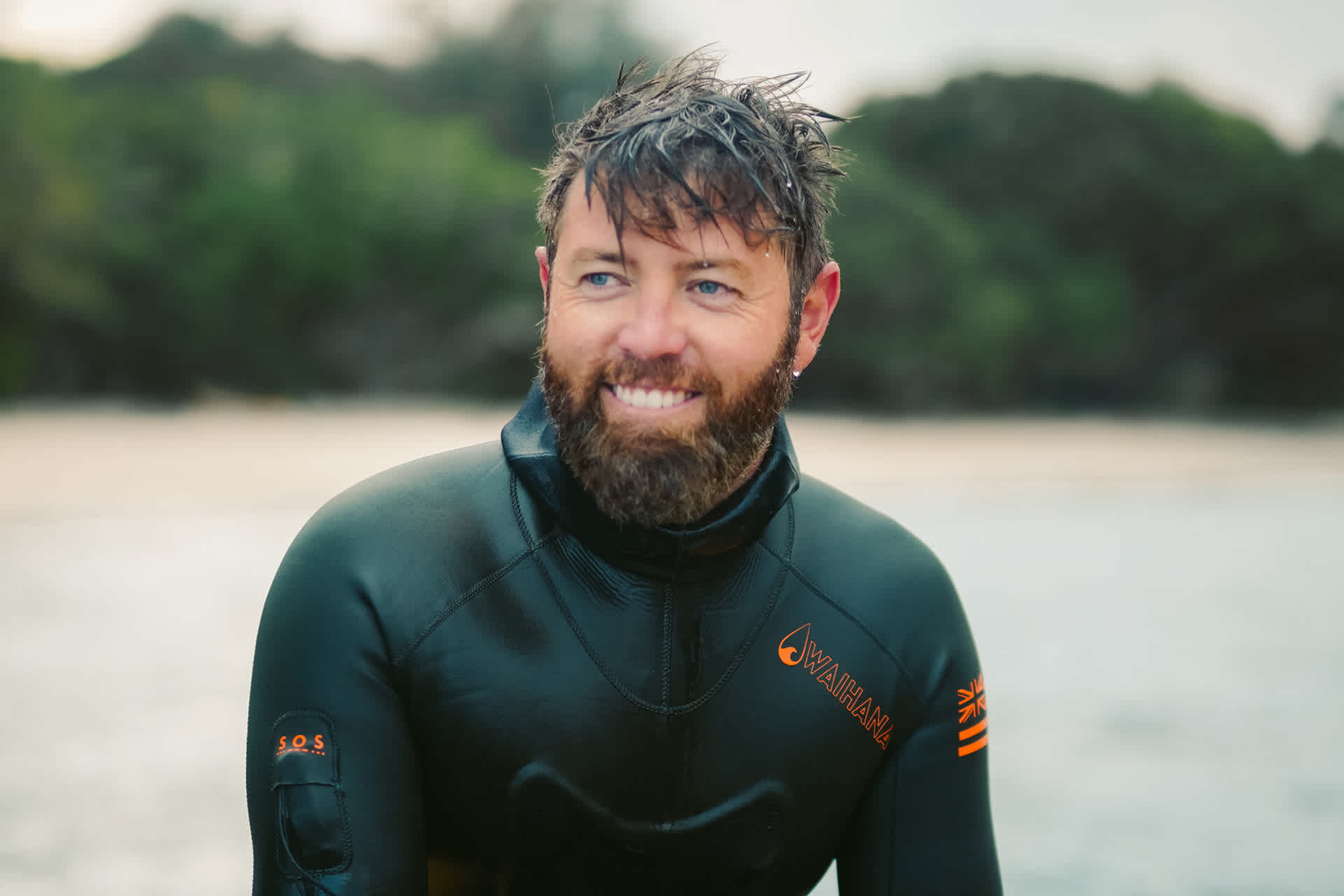
Imagine studying animals that were wrongly thought to be extinct. That’s exactly what Forrest Galante does. Galante is a wildlife biologist, conservationist, and TV personality. He has traveled the world locating what were once thought to be extinct animals and initiating measures to ensure their protection. TFK Kid Reporter Cash Daniels wanted to speak with Galante about his career path. Read part of their conversation below.
TFK Kid Reporter Cash Daniels:
How old were you when you knew you wanted to be a biologist?
Forrest Galante:
For as long as I can remember, I knew I wanted to work with animals, or study animals, or just have anything to do with animals. But as I grew up, I was like, “All right, what does that mean?” It wasn’t really until after graduating from college with a biology degree that I was like, “Oh, okay, I’m actually a biologist now.”
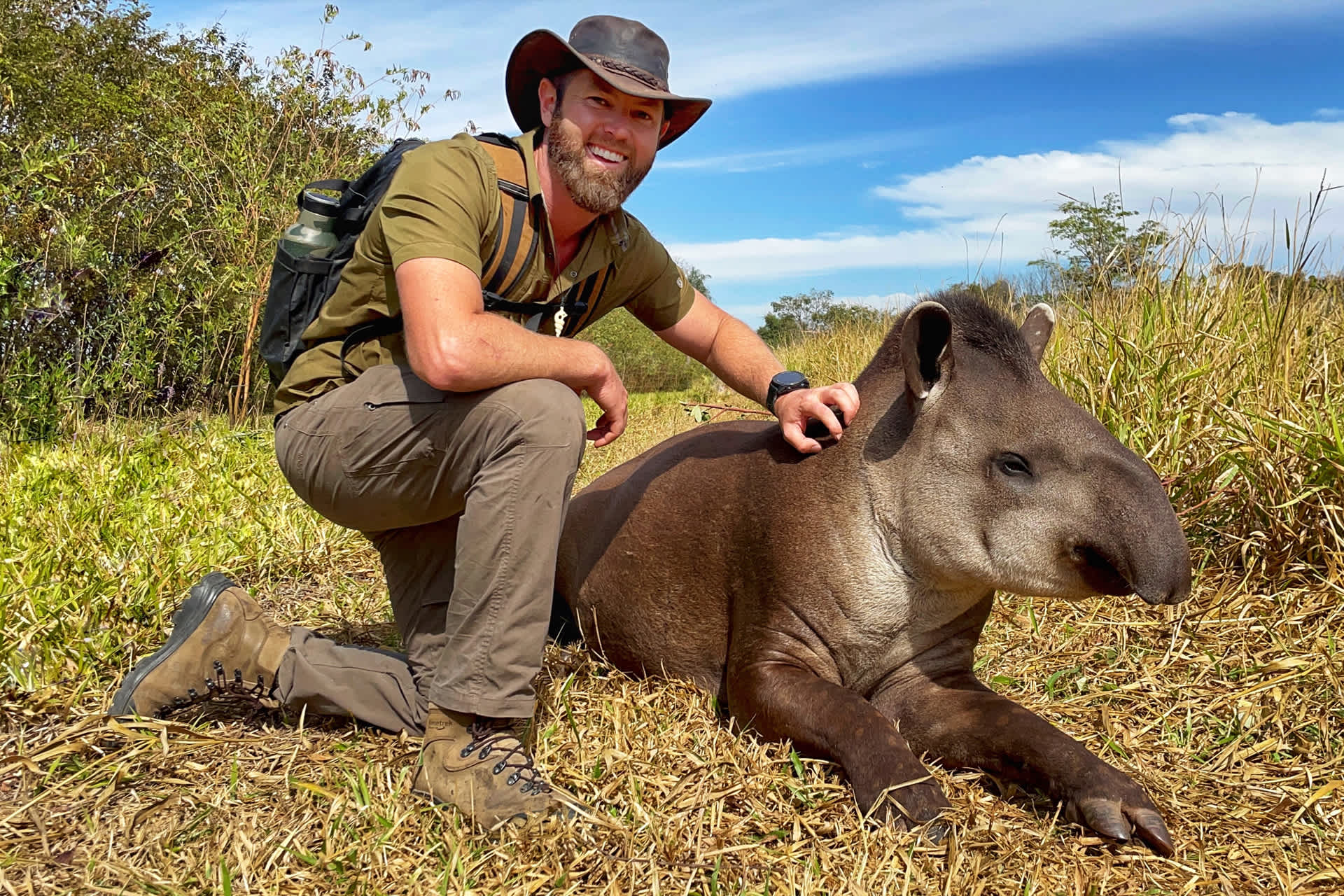
Cash:
You’re able to travel all around the world. What are some of your favorite places that you have been to over the years?
Galante:
I’m very lucky with all the places I’ve gotten to go. Africa is always closest to my heart. You see elephants and lions and all these big, big animals. But my favorite place I’ve ever been that nobody would think of is Palau, in Micronesia. Palau is just perfect underwater. The coral reefs are immaculate. I was absolutely mind-blown by how incredible that marine environment is.
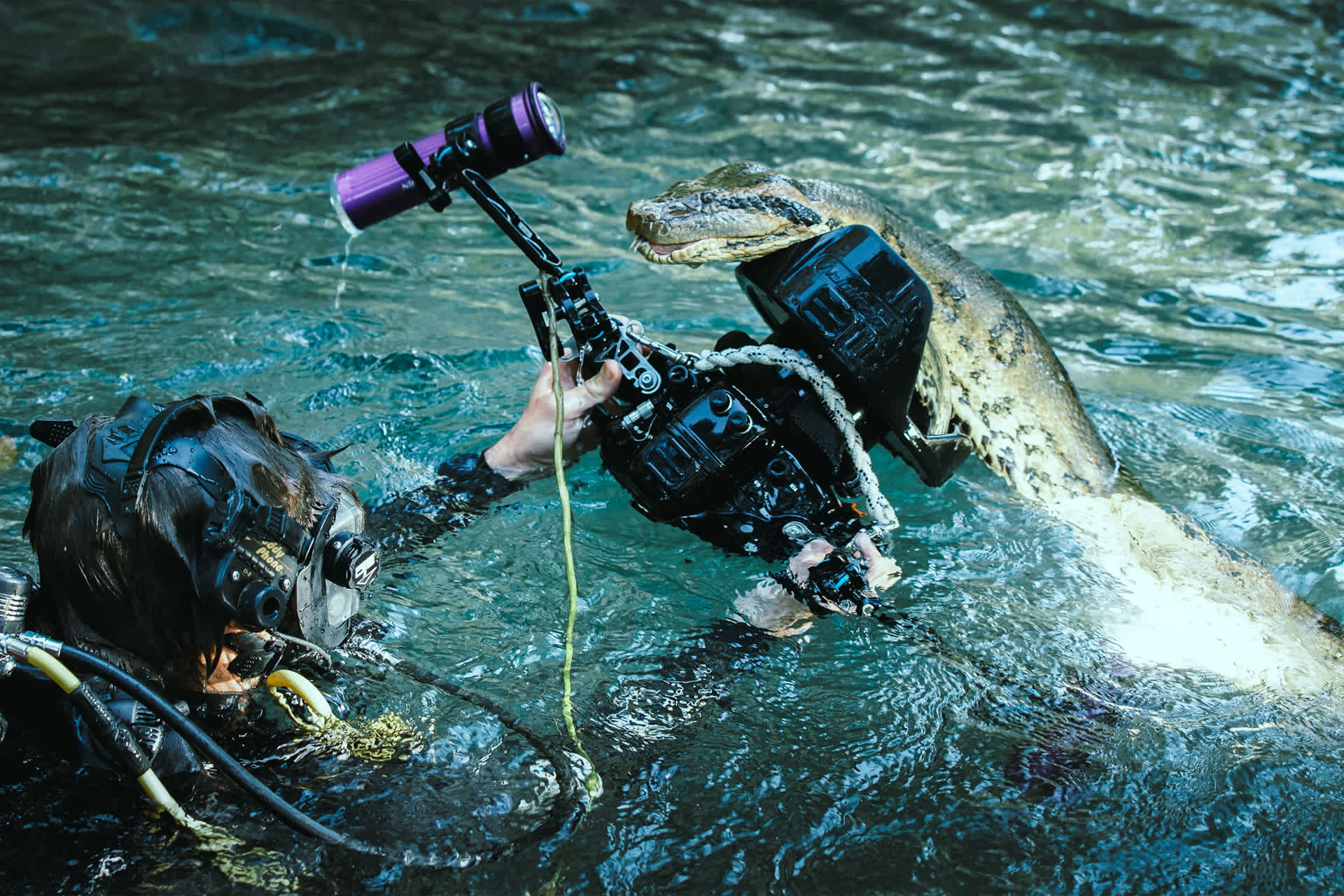
Cash:
What’s the best and most rewarding part of your job?
Galante:
The best and most rewarding part of my job is what we’re doing right now. It’s inspiring young people to care so much about wildlife. For selfish reasons, I love getting to travel, and I love getting to work with animals. But all of that pales in comparison to when I get an email from somebody like you. Out of everything I do—between podcasts and writing the books and making the TV shows and all of the bites and stings and sunstroke and stomach bugs and all these things that happen on all these different trips—it’s all worth it because of young people like you that absolutely love what we do and watch what I do and go, “I want to do that when I grow up.” And so that’s what makes it all worth it: inspiring the next generation of conservationists.
Cash:
Who are some of your biggest mentors, and whom do you look up to?
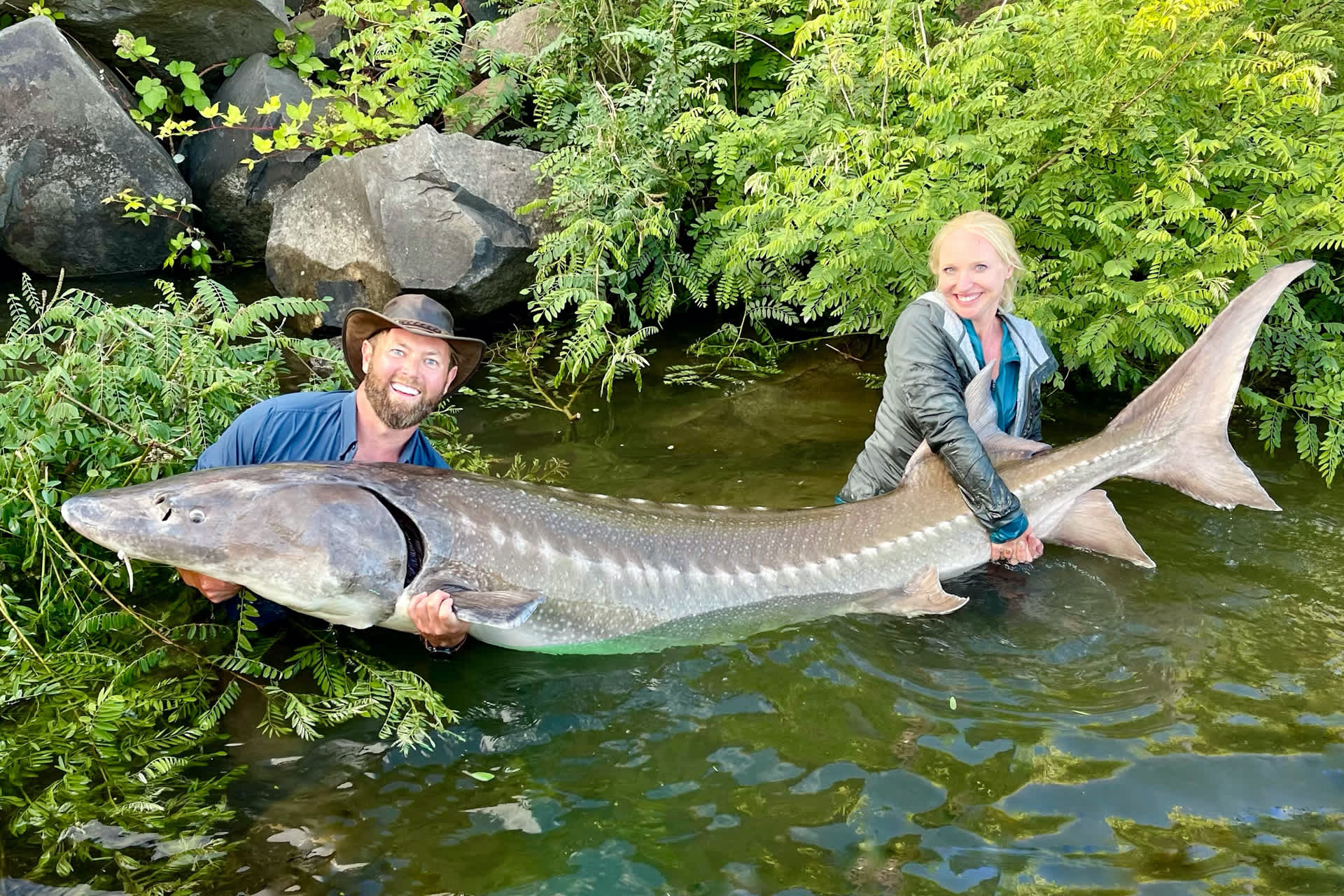
Galante:
My biggest mentor was my grandfather. His name was Gerald Summerfield. He found one of the first-ever whole, non-rotten specimens of the coelacanth [fish] in the Comoros [an island chain off southern Africa], which was a pretty big discovery. He was an inspiration to me, as well as my mom, who is also a big adventurer and traveler. But I really look up to the Jacques Cousteaus of the world. Steve Irwin, when I was your age, was like the coolest thing ever. I absolutely love Steve Irwin. Charles Darwin, obviously. But anybody who got to explore and adventure and communicate their passion for wildlife to a large group of people, I’ve been inspired to do what they’ve done.
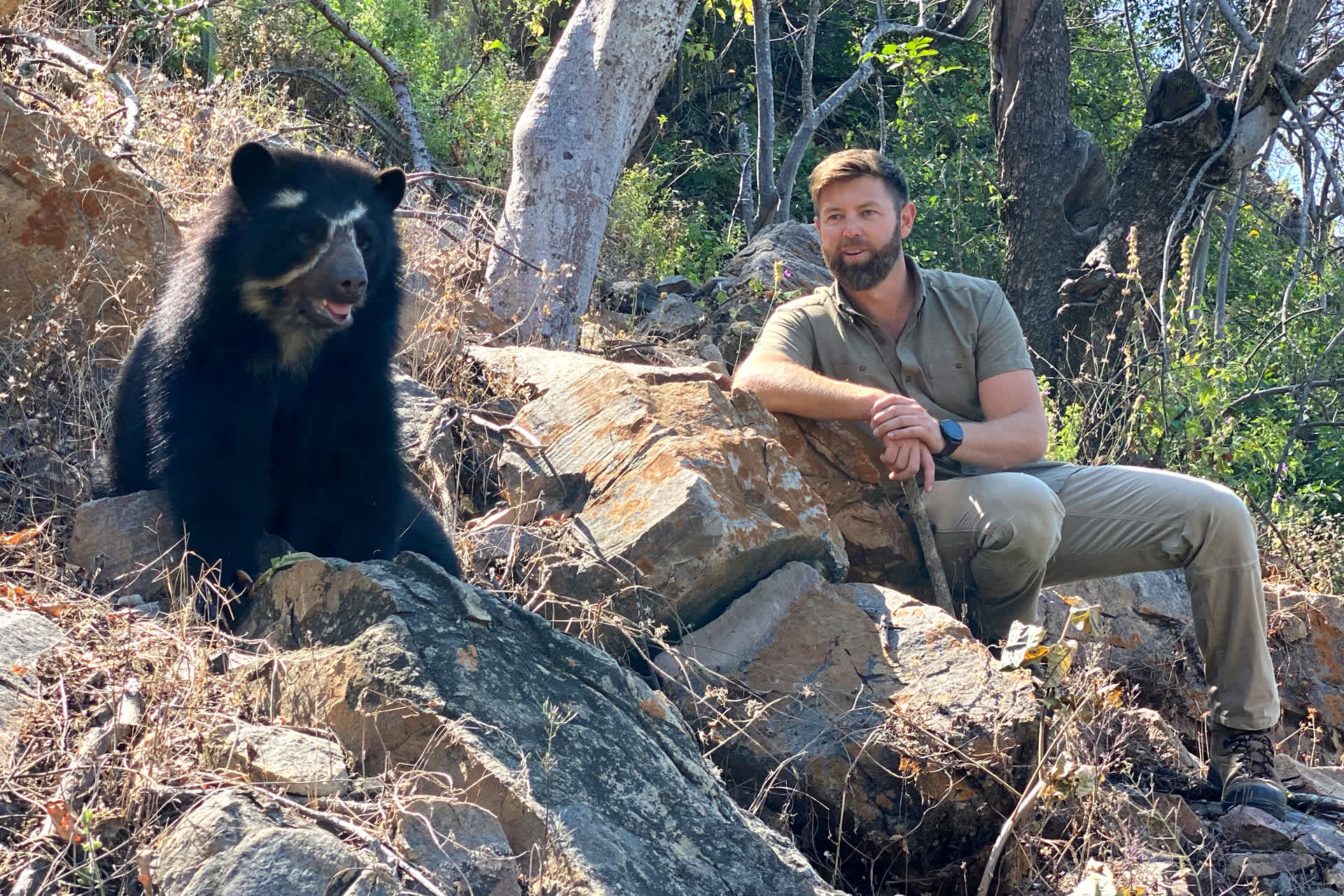
Cash:
How can kids get involved in conservation? Do you think kids can make a difference?
Galante:
Kids can 1,000% make a difference. The Number 1 way that kids can be involved in conservation is by learning. And then you can figure out how you want to help. Do you want to go to college and study [animals]? Do you want to become a scientist? Do you want to work at a local animal shelter? Do you want to go to a zoo and be a zookeeper? I think that’s the best way that kids can contribute to conservation, by educating themselves and experiencing it. Because once you experience something, you fall in love with it. And once you fall in love with it, you work on protecting it.
This interview has been edited for length and clarity.

